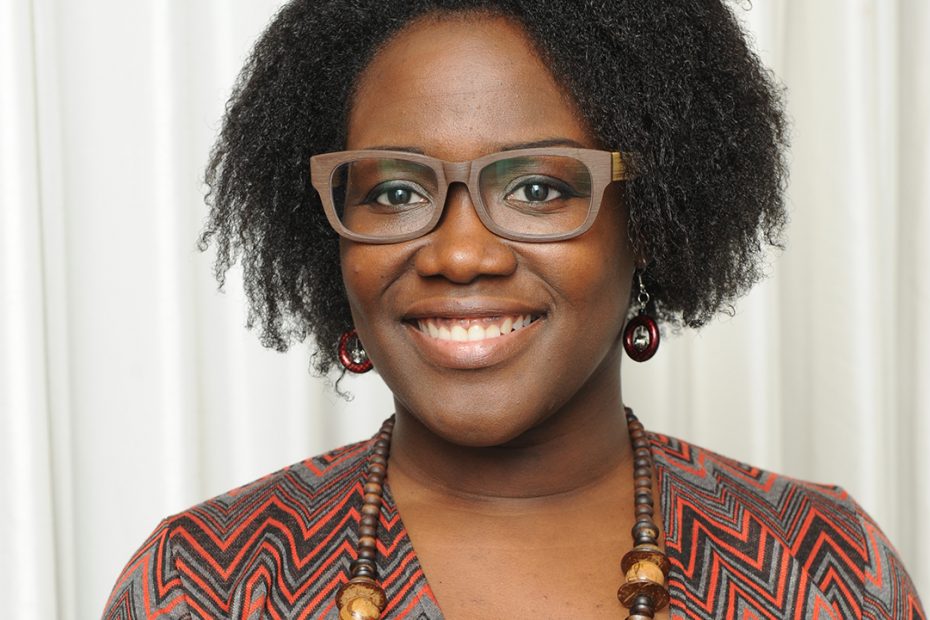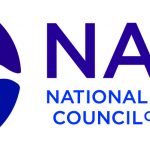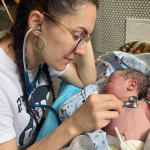Dr. Onye Nnorom to deliver Keynote Address on How Racism Impacts Health
Dealing with systemic racism in Canadian healthcare is a fact of life for Indigenous Peoples, people of colour, and newcomers to the country according to University of Toronto’s Dr. Onye Nnorom, a family doctor and a public health and preventive medicine specialist.
Dr. Nnorom will deliver the opening keynote address at the 17th Annual Canadian Association of Midwives Conference being held October 17‑19 at the Hilton Lac‑Leamy in Gatineau, Quebec.
“Social issues, including economic inequality and cultural biases, are contributing factors to the systemic racism present in Canadian healthcare. The challenge, however, that we face in Canada is we don’t systematically collect race or ethnicity information in healthcare. If we’re going to produce more positive health outcomes we need to be able collect data to pinpoint where disparities exist. U.S. and U.K. researchers have studied how the stress of systemic racism and inter‑personal racism in healthcare can affect maternal and fetal outcomes. We should be doing the same in Canada.”
– Dr. Onye Nnorom, MDCM, CCFP, MPH, FRCPC
ADVOCACY & PROFESSIONAL DEVELOPMENT
“Ongoing advocacy, research, and political will are needed to address an uncomfortable issue like systemic racism in midwifery and healthcare in general. As the national voice for midwivesit is our responsibility to be a strong voice for addressing systemic racism. Whether it’s intentional or not, unconscious bias and discrimination should be identified and removed from our work and the that of others in the healthcare system.”
– Katrina Kilroy, RM, President of CAM
ROLE OF RACISM IN THE HEALTH & WELL‑BEING OF INDIGENOUS PEOPLES
In Canada and internationally, colonization has a fundamental impact on the health of Indigenous peoples. Nathalie Pambrun, a Métis midwife from the National Aboriginal Council of Midwives and President Elect of CAM, touches on the importance of individual advocacy for clients who experience oppression and racism in the healthcare system.
“To truly address systemic racism, we must recognize how colonialism has eroded traditional Indigenous social structures. There are few policies that actually protect or reflect Indigenous worldviews, let alone serve the best interest of Indigenous people with regards to their health.”
– Nathalie Pambrun, RM, President Elect of CAM
An important part of Indigenous midwifery care is advocacy. CAM Treasurer, Sara Wolfe, an Indigenous midwife and a founding partner of Seventh Generation Midwives Toronto, is one of those advocates. She was one of the lead researchers on a project called Our Health Counts Toronto collecting data about Toronto’s urban Indigenous communities.
“Data collection is vital if we’re going to bring about substantive change. We cannot allow people to be missed or to fall through the cracks. Data that accurately shows the experience of Indigenous people can be an important part of shaping policy to help communities to begin overcoming systemic barriers. We need more comprehensive studies of this kind across the country.”
– Sara Wolfe, RM
Statistics Canada’s 2011 National Household Survey found Toronto had an Indigenous population of 19,265. The Our Health Counts study, meanwhile, estimated it to be between 34,000 and 69,000.
The CAM Conference offers midwives an opportunity to tackle critical issues, learn new clinical skills, get up to date on the latest research and practices, and contribute to the future vision of midwifery. New this year, attendees are also invited to participate in a Global Symposium on Global Health on the first day of the conference.
About CAM
The Canadian Association of Midwives (CAM) is the national organization representing midwives and the profession of midwifery in Canada. CAM supports the National Aboriginal Council of Midwives (NACM) as the voice of Aboriginal midwifery. The mission of CAM is to provide leadership and advocacy for midwifery throughout Canada as an autonomous, self‑regulated, publicly funded and vital part of primary maternal and newborn care. CAM promotes the development of the profession in the public interest and contributes the midwifery perspective to the national health policy agenda.
The vision of the Canadian Association of Midwives is that midwifery is fundamental to reproductive, maternal and newborn health services, and that everyone in Canada will have access to a midwife’s care for themselves and their baby.
Contact:
Eby Heller
Director of Policy and Communications, CAM
eheller@canadianmidwives.org
Cell: 514 585‑2760




